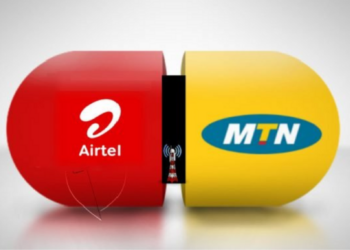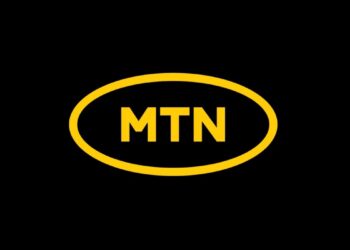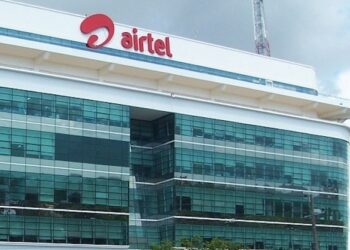Nigeria’s telecommunication landscape witnessed a unique level of competition in terms of the data war, as major telecoms operators recorded increases in their subscriber base in August 2020.
While subscribers exercised their power of ‘free entry and free exit’ in July 2020 to abandon some network providers for their preferred networks, the tide changed in August, as none of the data providers witnessed any loss.
According to data released by the Nigerian Communication Commission (NCC) for the month of August 2020, Nigeria’s largest mobile telecommunication company, MTN, gained 1.598 million data subscribers between July and August. Airtel successfully maintained an edge over Glo in terms of data subscriber numbers, as the telco added 738,462 subscribers, while the indigenous brand got 231,341.
On the other hand, 9mobile, whose number of data subscribers had suffered a steady decline for months, took industry watchers by surprise in August. Contrary to its July report when its subscriber base fell from 7.25 million (May) to 7.14 million (July), Its data subscribers rose by 32,621 in August, to a record of 7,170 million subscribers.
Back story
In July 2020, Nairametrics reported that Glo attracted more subscribers, outshining Airtel’s subscriber base for the first time in years. Despite a challenging year for Globacom in terms of its data subscriber base, the telco took industry watchers by surprise, as its subscriber base number overtook Airtel’s in June 2020.
For the first time in years, Airtel, the once second largest telco (by subscribers base) lost its position to Glo, as the latter increased its base from 37.23 million in May to 37.97 million by the end of June 2020, while the former only managed to increase its base from 37.32 million to 37.57 million within the same period.
MTN still leads the pack
Competition among three of Nigeria’s largest data sellers took different turns in July, as Airtel recovered from the drop recorded in June when it took over its second-place position from Glo. It is important to note that in June 2020, about 249,000 data subscribers dumped Airtel for other networks, a development that made Glo take over the second place from the brand.
Meanwhile, in a complete twist of events, at the end of July 2020, the total number of data subscribers on MTN data network rose from 60.60 million in June to 62.29 million in July, followed by Airtel data network, which rose from 37.56 million to 39.05 million. This means the telcos added 1.69 million and 1.49 million data subscribers, respectively.
In its own case, Glo managed to increase its subscriber base by 285,011 from 37.97 million to 38.25 million within the same period.
READ: Startimes, DStv, Others adjust prices as Nigerian businesses battle tough economic conditions
The internet remains slow in Nigeria, despite the global return to the pre-COVID-19 levels. In its recent report in tracking COVID-19’s Impact on Global Internet Performance, which was updated in July 2020, Speed Test found that internet speeds in most countries have stabilized to pre-pandemic levels.
However, it stated that in the case of Nigeria, while the global fixed speed increased by 5%, the African giant’s speed was rated -2%, with her mobile speed at -3%.
READ: Corruption probe: NDDC claims to have spent N81.5 billion in 7 months
Also, Nairametrics had reported earlier that years down the line, Nigeria is still faced with poor internet quality. In a recent survey conducted on 4G services in 77 countries including Nigeria, Network monitoring outfit, Opensignal, concluded that congestion is messing with the 4G user experience. Nigeria ranked 75 out of 77 of the countries surveyed in terms of 4G speed.
According to Opensignal, the 4G networks enjoyed today are light-years from the 3G that kicked off the mobile data revolution at the turn of the millennium. But the networks have their faults, the biggest among them being inconsistency and congestion.
In all, while GSM companies continue to jostle for market share, it has often come at the expense of poor service and lack of accountability. Quite frankly, as an average internet user in Nigeria, one is usually left at the mercy of poor mobile internet services which frustrates one to seek limited alternatives.
























